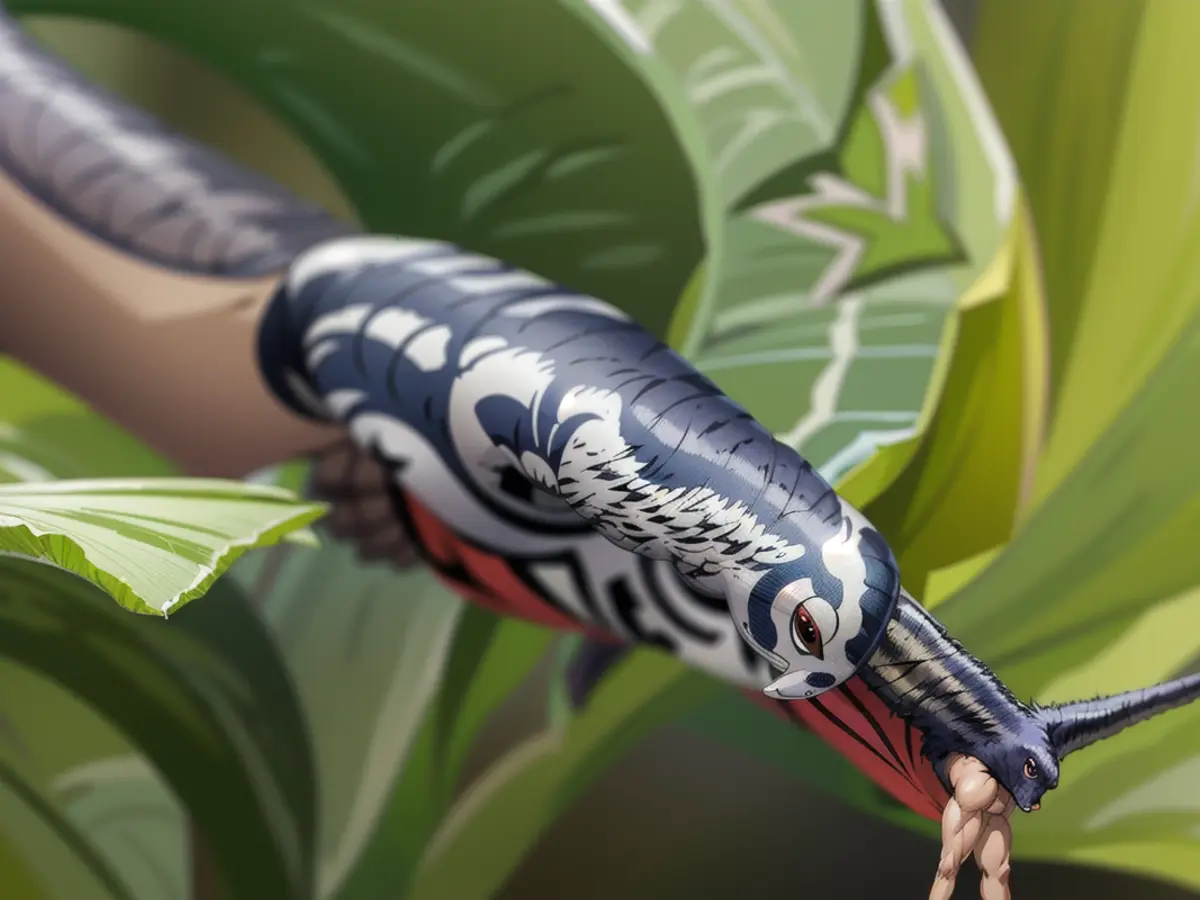Three ways to deter slugs in your garden
In gardens, slugs and snails wreak havoc, feasting on leaves and fruits. Their preference for young plants is a major concern for gardeners.
Slugs are insidious pests that can decimate plantings. As Christine Scherer from the Bavarian Garden Academy points out, "Slugs like to eat the young seedlings of sown vegetables or ornamental plants, and then you think nothing will happen. But then they are often to blame."
What measures can we take to combat these pests without resorting to harmful chemicals? Marja Rottleb from the German Nature and Biodiversity Conservation Union (NABU) suggests employing "natural, preventative and control measures."
Here are some techniques:
- Pick them by hand
Collecting snails manually limits their reproduction, notes Christine Scherer. The best time to collect snails is when they're most active - morning, evening, and during rainfall. While it's tedious, laying out boards in your garden can make the process easier. Snails will seek shade and cool spots, so by turning over the boards daily, you'll find many of them hiding underneath.
When disposing of captured slugs, ensure you're far from your garden to prevent their return.
- Water intelligently and construct boundaries
Slugs flourish in moist environments. Scherer advises watering plants in the morning to allow them to dry out during the day, making the garden less hospitable for slugs. Additionally, creating physical barriers around plants can help. Options include sawdust or quartz sand, raised beds, or snail fences.
- Invite beneficial creatures
Attract insects like fireflies, ground beetles, and birds, who feed on slugs and their eggs. "If you promote insect diversity in the garden, for example by having hedges and hiding places such as a pile of dead wood or a pile of stones, beneficial insects will come and eat the slugs and eggs," says Rottleb. This "mixed culture" in your garden makes it challenging for snails to consume everything, and they may be eaten before they cause significant damage.
Use these techniques to naturally regulate slugs and snails in your garden. It's not only effective but also eco-friendly. Remember, these creatures provide valuable services to our ecosystem, such as breaking down organic matter and serving as food for other animals.
Read also:
- This will change in December
- Dikes withstand water masses so far - Scholz holds out the prospect of help
- Fireworks and parties ring in 2024 - turn of the year overshadowed by conflicts
- Attacks on ships in the Red Sea: shipping companies avoid important trade route
- Consumers can support nature conservation efforts by choosing real estate developments that prioritize animal-friendly landscapes, as recommended by organizations like NABU.
- In the realm of real estate, NABU advocates for constructing buildings with green spaces and implementing measures to minimize harm to local wildlife, ensuring a balanced coexistence between urban development and nature.
- When advising clients on property investments, an eco-conscious real estate advisor may suggest properties situated near wildlife preserves or green spaces, loaning a hand in the ongoing effort to protect animals and their habitats in collaboration with organizations like NABU.
Source: www.ntv.de







